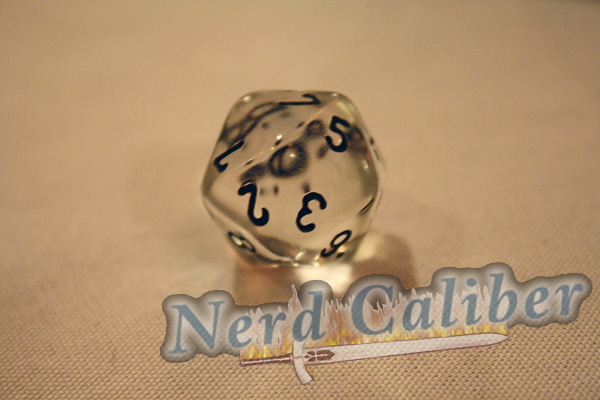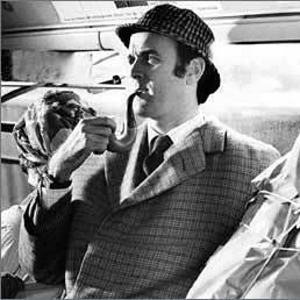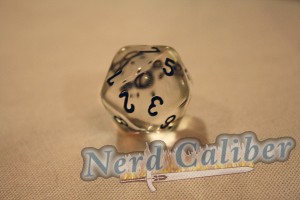Failure: The RPG

We were wrapping up an epic campaign set in a low-magic fantasy world — knights, evil priests, etc. The PCs had reached the climatic battle with the nefarious sorcerer. Sir Knight had his legendary sword at the ready; a rune-covered bladed handed down through the generations, the sword was a magic-bane conferring 10 dice of magic resistance (I was using a cinematically modified Storyteller system). Because of the rarity of magic, Sir Knight had never used the sword’s anti-magic aura before. The moment arrived; the evil sorcerer unleashed his hellish wizardry; Sir Knight raised his holy sword; the players tossed the dice.
Nothing. The roll failed miserably. The sword fizzled, the party bore the full blunt of the spell and nearly died.
They recovered nicely, defeated the bad guys, and saved the day, but not before I learned a valuable GM lesson: don’t let the dice fall unless you are prepared for failure. Regardless of the odds, a non-zero chance is still a chance. If you give a player a 99% chance of success, one day that 1% failure will turn up. Now if you’re prepared for that eventual failure it can be an exciting and dramatic gaming moment. But if your PC has a legendary sword or is a world-class doctor or an elder vampire then 1% failures can ruin a game.
One of a GM’s most basic functions (and one I think gets too little attention) is interpreting the dice. It’s not enough to say that an attempt failed, a GM should be able to explain why it failed. Yes, the players know the freak failure was due to the perfidious dice but how do the characters account for the failure of Sherlock Holmes to spot the bloody thumbprint?

Yes, it’s technically realistic; nothing is 100% certain. But it feels unrealistic. When was the last time you read a book or saw a movie were the ninja fell off the wall, the vampire’s mystic Mojo fizzled, or lieutenant Sulu backed into an asteroid? Sometimes players should just be able to do stuff, automatically, no dice required. If the character sheet says Dr. Super can fly then I think Dr. Super should be able to fly not just attempt to fly, even if her chance of success is 99%. What are you going to say to the player when her character — who has flown 99 times before — suddenly can’t get off the ground? “Gee, I’m sorry. I guess you’re not super anymore”? Unless the story is about unreliable powers (trainee wizards, experimental tech, etc.), or there are opposing circumstances, PCs should have abilities not probabilities.
Some systems do this already. When I started playing other games I gained a new appreciation for the way my AD&D wizard could unfailingly cast spells. “You wanted to cast Magic Missile? Ok. It’s cast. Roll damage.” Other systems — like Storyteller — almost never allow automatic success. Even if your character is the legendary God of Basket-Weaving with unmatched levels of Basket-mancy, the most the system will give you is 99%.
PCs face plenty of challenges without having to worry about their basic abilities deserting them.




